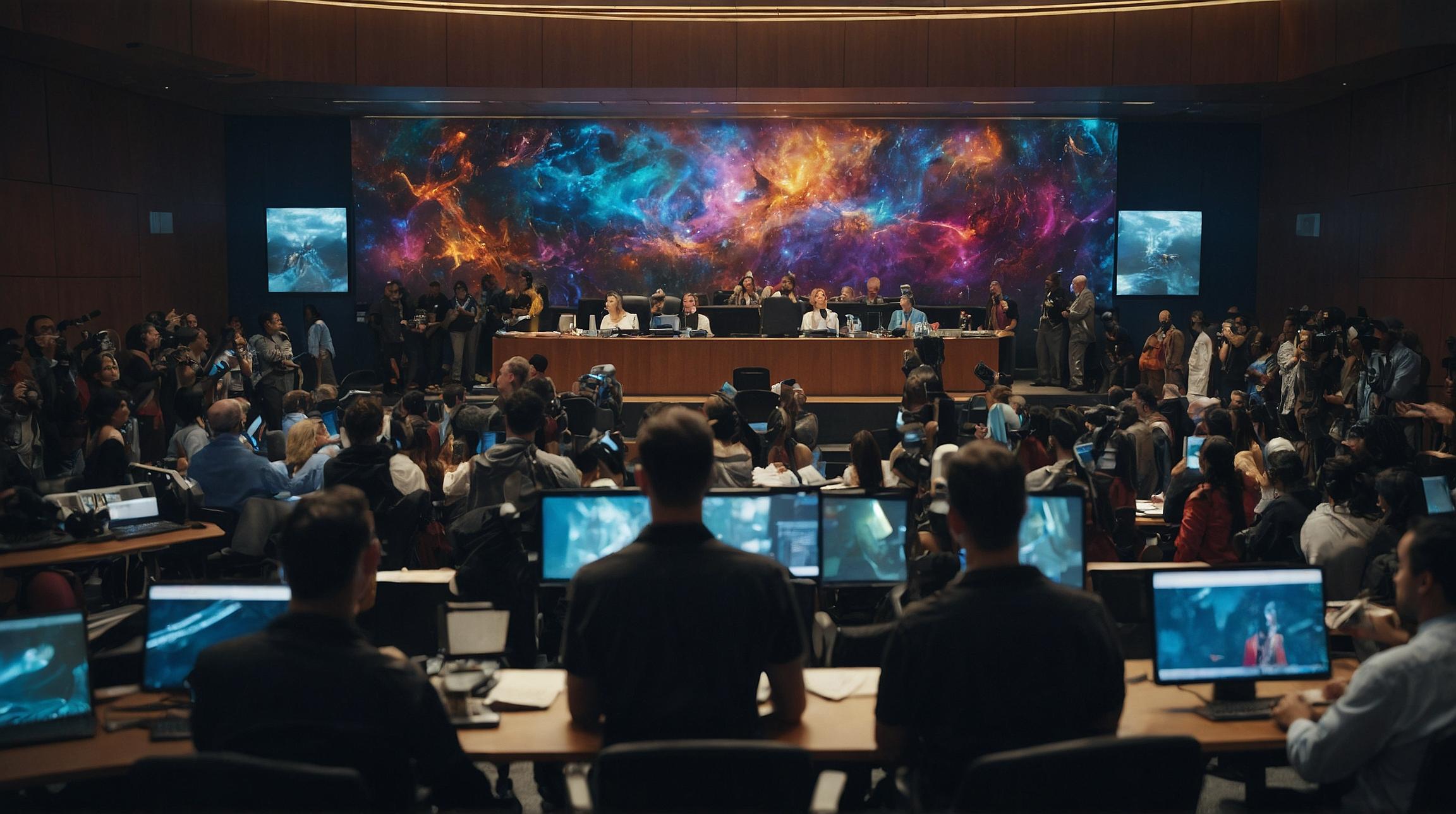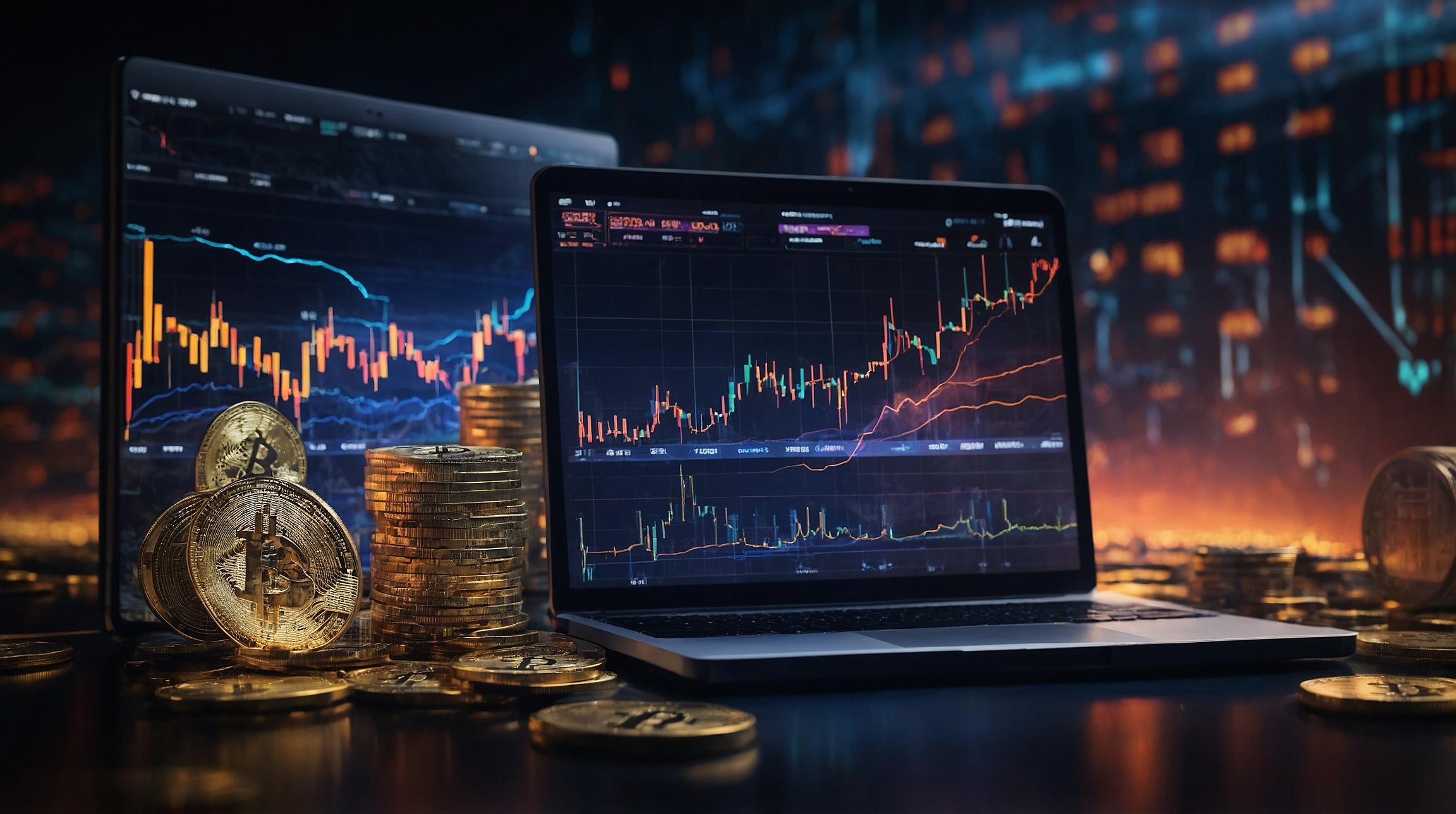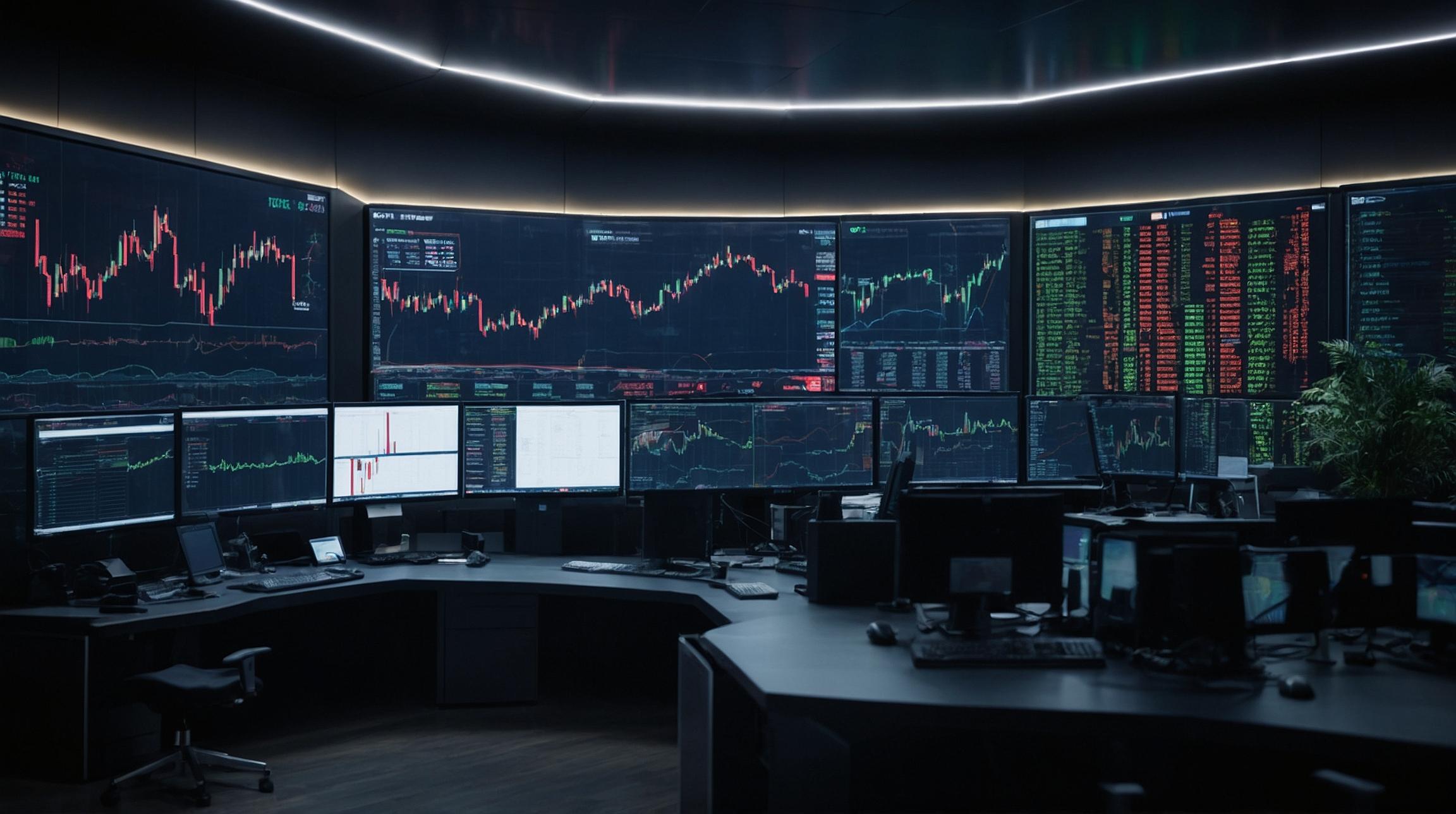OpenSea Faces SEC's NFT Security Claims
In a surprising turn of events, OpenSea, the world’s largest NFT marketplace, is at the center of a storm with the U.S. Securities and Exchange Commission (SEC). The SEC has sent a Wells notice to OpenSea, hinting at potential legal action over alleged securities violations involving certain NFTs on the platform. This development, revealed on August 28, marks a significant escalation in the ongoing dialogue between Web3 companies and regulatory authorities.
NFTs as Securities?
The heart of the SEC’s argument is that some NFTs on OpenSea might qualify as securities under U.S. law. This is an uncharted area, as NFTs are usually viewed as unique digital assets representing art, collectibles, and ownership rights rather than financial instruments.
Devin Finzer, Co-founder of OpenSea, quickly responded, framing this as a fight for creative freedom in the digital art world. "This move could affect hundreds of thousands of artists, developers, and creators who rely on NFTs to monetize their work," Finzer said. He worries that labeling NFTs as securities could stifle innovation and place heavy burdens on small artists and developers.
Broader Regulatory Context
The timing is noteworthy as it comes amidst a more aggressive regulatory environment for cryptocurrency and blockchain entities. While the SEC has focused on cryptocurrency exchanges and crypto firms, this move against OpenSea shows a broader regulatory scope, including the burgeoning NFT market.
OpenSea's Role in the NFT Ecosystem
OpenSea has over 80 million types of NFTs for trade, playing a key role in democratizing digital art and collectibles. It provides a marketplace for student artists, indie game developers, and collectors globally to create and trade unique digital assets.
In solidarity with its community, OpenSea announced a $5 million fund to cover legal fees for NFT creators and developers affected by similar SEC actions. This underscores the company’s commitment to protecting the interests of its users and the broader NFT ecosystem.
A Defiant Stance
Finzer’s response was both defiant and hopeful. "We’re ready to fight to safeguard our industry from regulatory overreach," he declared. He also expressed hope that the SEC might reconsider and adopt a more open-minded approach to digital assets.
Implications for the NFT Market
If the SEC’s view prevails, it could change the NFT market landscape, possibly subjecting creators and platforms to strict securities regulations. This could mean higher compliance costs, less accessibility for smaller artists, and potentially slower innovation.
OpenSea’s stance shows the Web3 community's belief that NFTs are a new form of creative expression and ownership, distinct from traditional securities. They argue that applying securities laws to NFTs could stifle creativity and hinder a vibrant digital ecosystem's growth.
Regulatory Challenges Ahead
This case highlights broader challenges for regulators dealing with rapidly evolving technologies. The SEC’s approach to NFTs raises questions about whether existing regulatory frameworks are adequate for blockchain-based assets.
As the situation unfolds, the crypto and NFT communities will watch closely. The outcome of this case could set important precedents for how digital assets are regulated. It might also spark renewed discussions about the need for nuanced, technology-specific regulations that foster innovation while protecting investors.
OpenSea remains committed to empowering creators and collectors in the digital space. As Finzer put it, "It would be a significant loss if creators stopped making digital art due to regulatory pressure." OpenSea's challenge to the SEC demonstrates its dedication to preserving the open and innovative spirit of the NFT revolution.
As this legal battle unfolds, it will shape the future of NFTs and the broader Web3 ecosystem. Whether seen as necessary regulation or regulatory overreach, the intersection of creativity, technology, and finance continues to challenge traditional notions of ownership and value.













